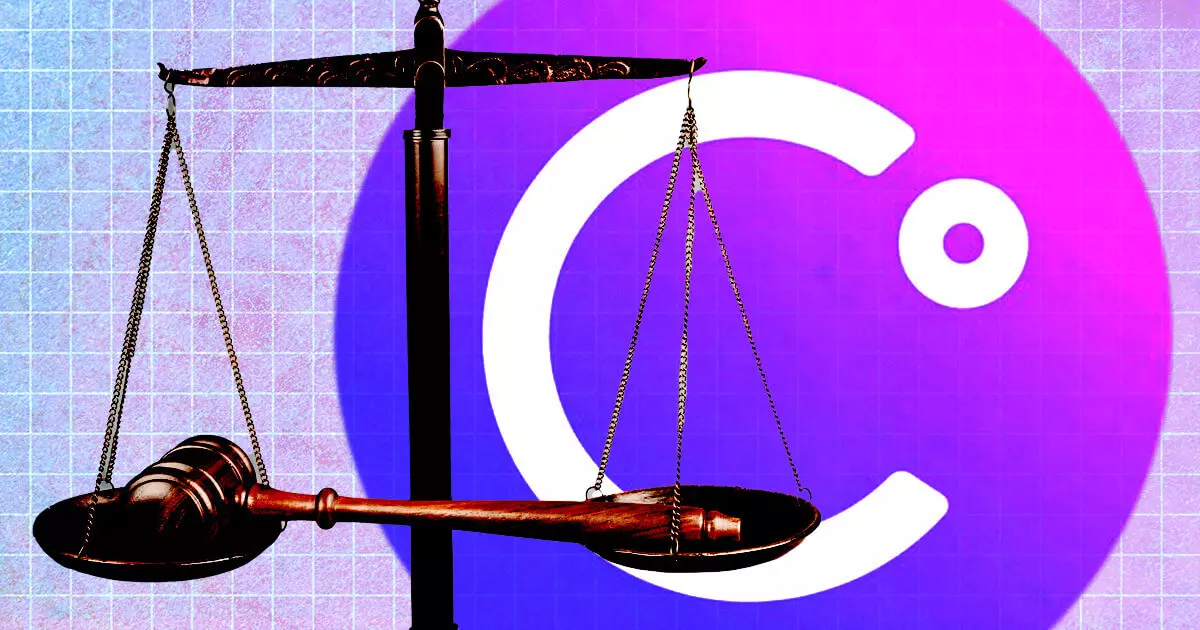The U.S. Securities and Exchange Commission (SEC) has recently filed an objection to part of Celsius’ reorganization plan that involves the crypto exchange Coinbase. Celsius, a bankrupt crypto firm, intends to have Coinbase act as a distribution agent to return funds to affected former users. However, the SEC argues that Coinbase’s role exceeds that of a typical distribution agent and raises concerns about inconsistencies in Celsius’ agreement with Coinbase. This article examines the objections raised by the SEC, the involvement of Coinbase, and the potential implications for Celsius and its distribution plan.
According to the SEC’s filing, Celsius’ reorganization plan relies on Coinbase to act as a distribution agent. However, the SEC contends that Coinbase’s expected role goes beyond the usual duties of a distribution agent. The regulator also points out inconsistencies in Celsius’ statements regarding Coinbase’s involvement, as the agreement with Coinbase suggests the provision of brokerage services. The SEC believes that Celsius and Coinbase may have an undisclosed additional agreement, which it argues should be provided to the court and the regulator.
The SEC further highlights that certain trading services within the agreement are related to concerns raised in its June 6 lawsuit against Coinbase. These concerns are relevant to the SEC’s ongoing securities fraud case against Celsius and its former CEO, Alex Mashinksy. The SEC alleges that Celsius and Mashinksy conducted unregistered and fraudulent security offerings through the sale of the CEL token. In light of these allegations, the SEC requests the court to determine whether CEL is a security and restrict the ruling’s effects to Celsius’ distribution plan.
Coinbase’s Chief Legal Officer, Paul Grewal, has expressed support for Celsius’ distribution plan and engagement with the firm. Grewal questioned the SEC’s opposition to the plan and stated that Coinbase will address the matter within Celsius’ bankruptcy proceedings. However, Coinbase’s response does not directly address the SEC’s concerns regarding its expected role and the potential undisclosed agreement between Coinbase and Celsius.
Celsius initially suspended withdrawals in June 2022 and subsequently filed for bankruptcy in July. At that time, a Forbes report estimated that the company owed $4.7 billion to creditors, excluding institutional partners but including retail users. The bankruptcy case presents significant challenges for Celsius, as it strives to address the concerns raised by the SEC while simultaneously restructuring its operations and refunding affected users.
The key point of contention in the SEC’s objection is the determination of whether CEL qualifies as a security. This issue is crucial because a ruling against Celsius could have broader implications beyond the distribution plan. The SEC seeks to limit the ruling’s effects to avoid jeopardizing its separate securities case against Celsius. However, the outcome of the ruling could significantly impact Celsius’ reputation and legal standing, potentially affecting its ability to conduct future operations within the crypto industry.
The SEC’s objection to Celsius’ distribution plan involving Coinbase raises valid concerns about Coinbase’s role and potential undisclosed agreements. The determination of whether CEL is a security is a crucial aspect that could impact Celsius’ future operations and legal standing. As the bankruptcy proceedings continue, Celsius must address the SEC’s objections and work towards resolving the securities fraud case. The outcome of these legal battles will shape the future of Celsius and have broader implications for the regulation and accountability of crypto firms in the United States.

